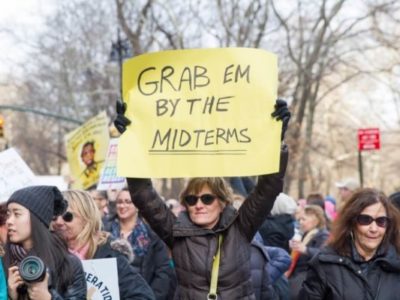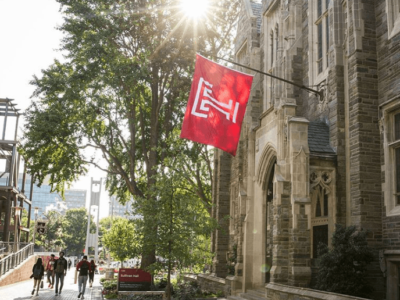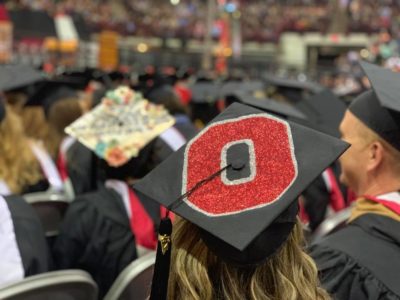On a broad level, Americans tend not to flock to the ballots in midterm years compared to during presidential elections. The organization FairVote, which advocates for electoral reform and collects statistics on voter registration and participation, found that while 60% of eligible voters vote in presidential elections, that number drops to 40% during the midterms.
This drop in voter participation certainly affects college students, despite the pressing importance voting possesses.
College students certainly account for part of this dramatic drop in participation between midterm and presidential elections. At some schools, such as the University of Michigan, only 14 percent of students cast their ballot in the last midterm election. Some research has shown that young voters, particularly those between the ages of 18-24, tend to vote less in general mainly due to a lack of education regarding the voting process.
College students eligible to vote, and voters in general, cite many personal reasons as to why they don’t vote in midterm elections. Some feel less social pressure to participate when the election does not involve the presidential office, or do not know how to properly cast a ballot. Others believe that because their local elections and representative competitions lack competition,(often due to the recurring election of incumbents), their vote will not make a difference.
Contrary to popular belief, political control of the federal House of Representatives and Senate, as well as state houses, hang in the balance this year. In tense political climates, candidates frequently win or lose by very tight margins–just a few votes can make a massive difference.
Students and faculty at Georgetown University have started combating many of the obstacles and reasons why individuals don’t vote, particularly regarding the members of its student undergraduate body eligible to vote this November.
Despite Georgetown’s history with and inherent dedication to and history in politics, Georgetown’s students often find excuses to avoid voting in midterm elections.
However, one organization on campus, GUVotes, has attempted to remedy some of the common reasons that college students give for not voting. The group provided envelopes with stamps for students to mail voter registration forms from the university to their local town clerk’s office. They also held a special event on National Voter Registration Day titled “Storm the Dorms,” tabling in the lobbies of dorms on campus and promoting voter registration for students on social media. Their efforts not only remove the financial burden often associated with voter registration, but also make the process straightforward and convenient as to encourage some of the less motivated students to participate.
The student-run podcast Fly on the Wall: A GU Politics podcast also promotes political participation among Georgetown students. The student-run podcast explores the ins and outs of the political scene in Washington through interviews with D.C. insiders.
Additionally, On The Record, a new student-run and written political publication, publishes opinions and news articles from multiple political perspectives of the campus community. They actively encourage students regardless of affiliation to join and write on political topics.
Each of these organizations promote political participation among college students, and GUVotes in particular aids and encourages students to participate in one of the most integral part of our democracy.
Whether you vote absentee from abroad or outside your university’s state, or march down to the polling booth yourself, Georgetown students want you to get out and vote on Nov. 6th. Regardless of which side of the aisle you cast your vote, exercising your right to do so serves as the core of American democracy. Though the sentiment may seem to heavily echo the School House Rock movies you may have watched in middle school, every vote counts.



















